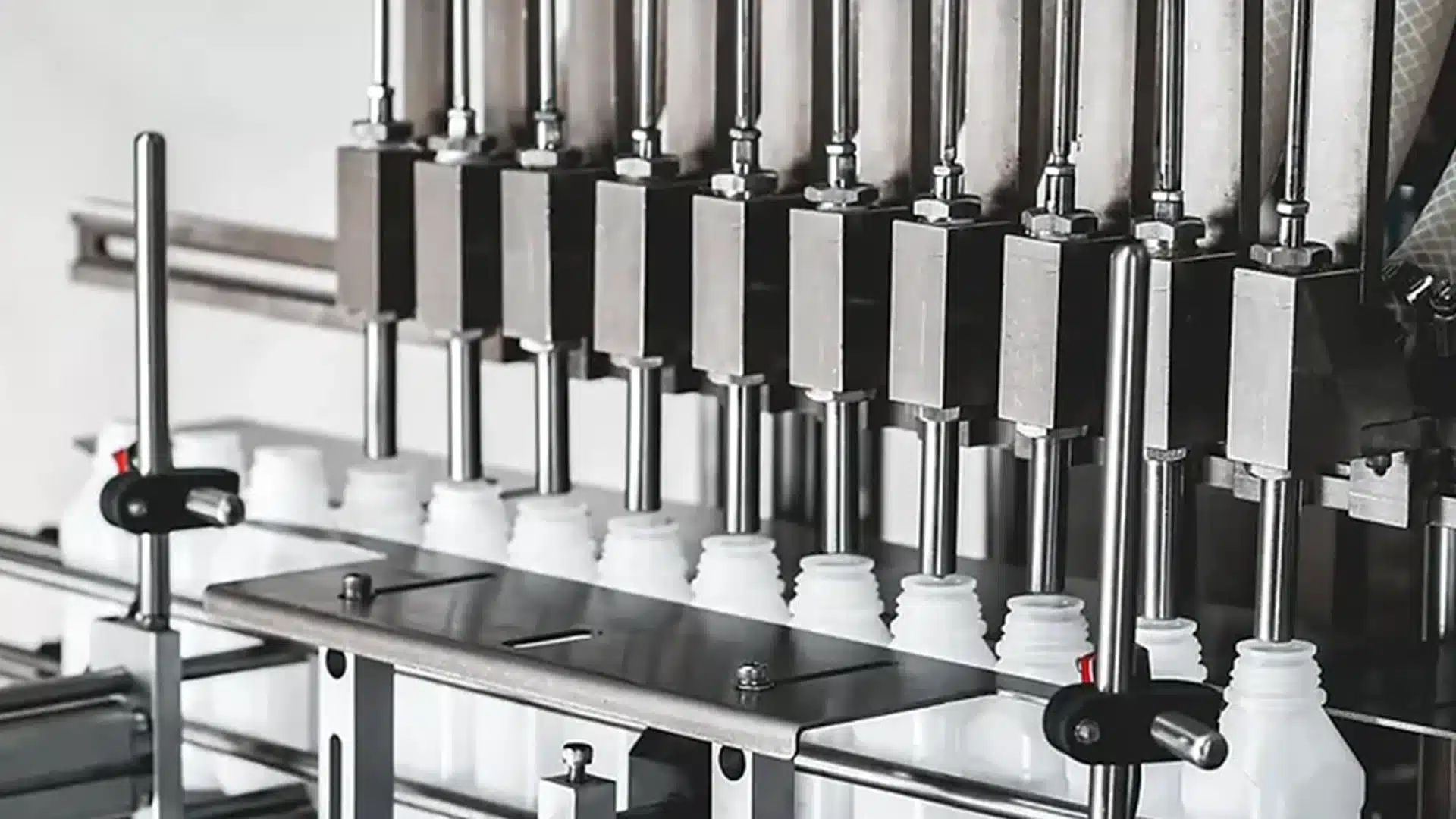In any production line, efficiency and accuracy are everything. One area where this is especially true is in the bottling process. Selecting the right bottle filling machine can make or break your operation, affecting everything from production speed to product quality and packaging consistency.
Whether you’re launching a new product or upgrading an existing setup, making the right choice is crucial.
Why the Right Filling Machine Matters
Choosing the right filling machine ensures that your product is delivered safely, consistently, and in a cost-effective way. From liquids and gels to powders and granules, different products require different types of equipment. A bottle filling machine tailored to your needs helps reduce waste, improve accuracy, and increase throughput—essential benefits in today’s competitive marketplace.
Partnering with an experienced packaging machine manufacturer can make the selection process much smoother. Their expertise can help you identify the best solution for your production goals, product type, and packaging needs.
Key Factors to Consider
When evaluating options for a bottle filling machine, keep these factors in mind to ensure you invest in equipment that will serve your business for years to come:
1. Type of Product Being Filled
Start with your product. Is it a thin liquid like water or juice? A viscous product like shampoo or honey? Or maybe a powder or granulated material? The physical characteristics of your product will dictate the type of filling machine needed.
Gravity fillers are often used for thin, free-flowing liquids. For thicker products, piston fillers or pump fillers are more suitable. Powders, on the other hand, require auger filling systems. Choosing a machine compatible with your product consistency ensures smoother operation and fewer technical issues.
2. Container Type and Size
Your container’s shape and size are just as important as your product. A bottle filling machine must be able to handle the materials and dimensions of your bottles. For example, machines that fill wide-mouthed jars might not be appropriate for tall, narrow bottles.
Also consider whether you’ll be using glass, plastic, or metal containers. Some materials may require gentler handling or additional features such as anti-static protection.
3. Level of Automation
Your production volume plays a big role in determining whether you need a manual, semi-automatic, or automatic bottle filling machine.
- Manual machines are suited for small-batch or artisanal operations where labor costs are not a concern.
- Semi-automatic machines provide a balance between speed and affordability, suitable for growing businesses.
- Automatic bottle filling machines are designed for high-volume production and can fill hundreds or thousands of units per hour with minimal human intervention.
If scalability is important to your business, investing in automation from the start can save significant time and money later.
4. Integration with Existing Equipment
The filling machine you choose should integrate seamlessly with your current packaging line. Whether you’re working with conveyors, cappers, labelers, or sealers, your new machine should enhance—not hinder—your line’s overall performance.
Experienced packaging equipment manufacturers can often customize machines to ensure proper synchronization and compatibility with your existing setup.
5. Cleanliness and Compliance
Hygiene is critical in industries like food, beverage, and pharmaceuticals. Your bottle filling machine must meet any applicable safety and sanitation regulations, such as FDA or cGMP standards.
Look for machines that offer CIP (clean-in-place) systems or are easy to disassemble for thorough cleaning. Stainless steel construction is often a must for sanitary operations.
6. Support and Maintenance
Even the best equipment requires occasional servicing. That’s why it’s essential to choose a packaging machine manufacturer that offers reliable technical support, readily available spare parts, and maintenance training.
Downtime can be costly—so having a partner who can respond quickly and efficiently can make all the difference.
Working with the Right Manufacturer
Partnering with experienced packaging equipment manufacturers is just as important as selecting the machine itself. A reputable provider will help you assess your production needs, provide demos or testing, and offer post-sale support.
Look for manufacturers with a track record in your industry and the ability to offer customized solutions. Whether you’re operating in cosmetics, chemicals, food & beverage, or pharmaceuticals, specialized knowledge is a valuable asset.
Additionally, a good partner will help future-proof your investment by offering machines that are easy to upgrade or reconfigure as your production evolves.
Final Thoughts
Choosing the right bottle filling machine doesn’t have to be overwhelming, but it does require careful planning and consideration. Start with your product’s characteristics, think about your desired production capacity, and work with an experienced packaging machine manufacturer who understands your goals.
By taking these steps, you’ll ensure your production line runs smoothly, your packaging is consistent, and your customers receive the quality they expect—every single time.







